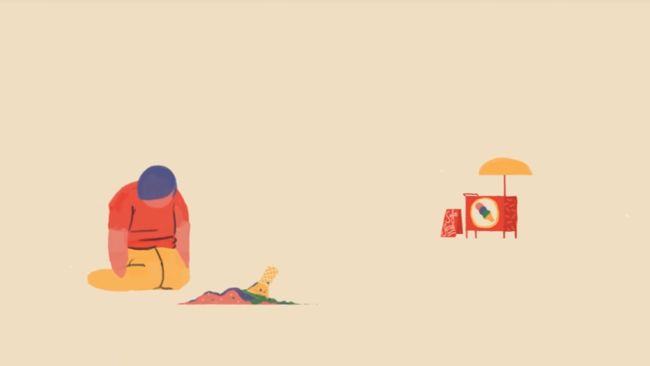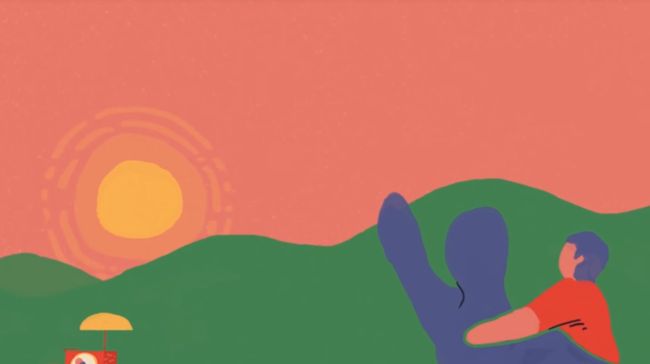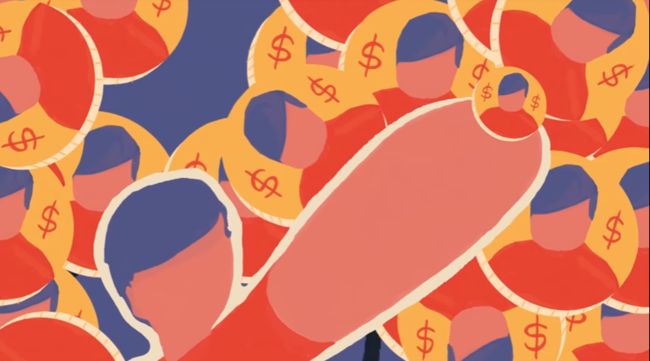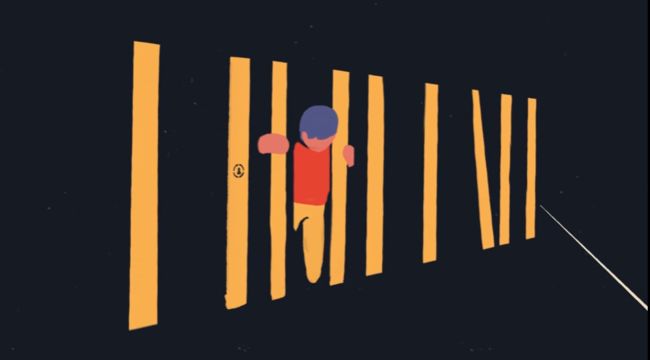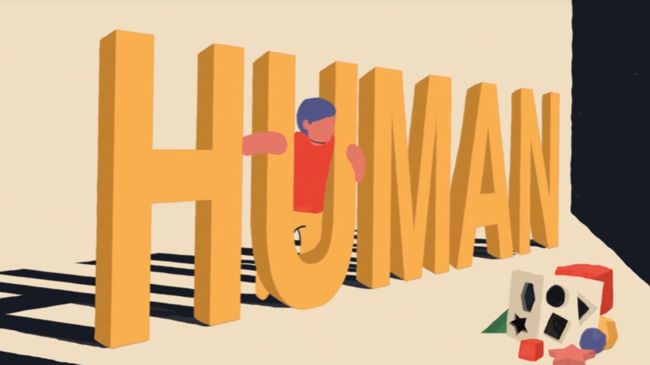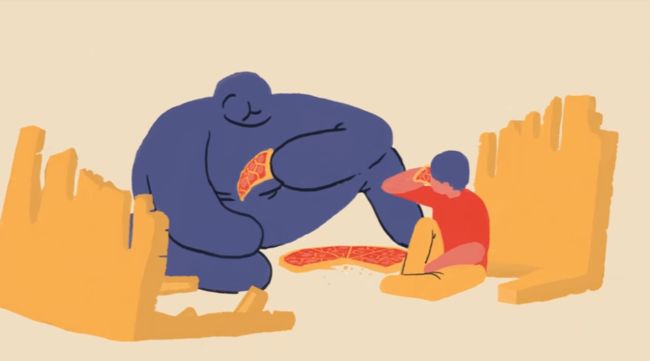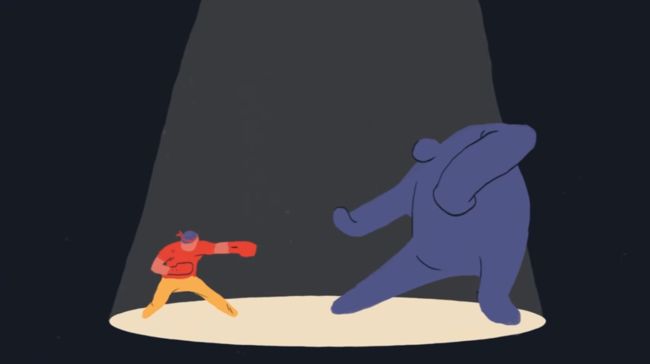我们欠童年爱我们的人什么
(英文原文来自The School of Life)
如果我们有活力,或多或少能动(functioning),如果偶尔我们有能力从事情中获得快乐,如果我们能对别人很好和感激,如果我们没有对什么上瘾,或者非常想要杀死自己,那么很可能,是有人,在某处,在早期,很爱我们。
他们可能住得离我们很远,他们可能与我们的没有共同兴趣,而且在很多方面都可能会让人觉得花时间和他们在一起,有点无聊,但我们还是会持续对他们忠心耿耿,并且在心中知道我们欠他们所有。
当我们说某人爱我们时,我们真正指的,是一套技能的获得。这些技能不是以任何正式的方式转移(transfer)的,我们是在每天忙乱的日常生活中吸收它们的。可能是在厨房,在树林散步,或者是讲过故事后,在卧室的晚上时间(night-time)。
当那些我们被给与的至关重要的甘露,所有那些我们接受的维持生命的养分,看起来只不过是关于家庭作业的对话,或者周末计划,真正在发生的东西,就很容易错过。
但是在被爱的课程里,我们还是受到了百科全书般的(encyclopedic)情绪教育,在其中,我们学到了一些东西。
忍耐
有时,所有看起来都实在是糟糕极了。我们处于被泪水浸湿,或气红了脸的状态。我们感觉到,世界破碎了,而我们将不能存活。但是他们将悲剧控制在一个区域,直到我们可以重新平静地呼吸。他们可能不知道所有事情的答案,但是他们承诺我们,一些不同的,最终会发生,而他们总是对的。
他们彻夜抱着我们,并且保证,黎明会来。从此之后,将灾难性的恐惧控制在一个区域内,就变得稍微容易了一些。
爱自己
他们借给(lent)我们一种感觉,我们对他们来说是有价值的,而这,终会在某一天,变成我们对自己来说是有价值的。如果我们做了什么或者有个想法,我们可以和他们分享——即使这个事情或想法完全没有完成,他们还是被我们潜在的意向和许诺所指引。
如果我们去厨房,不是每次,但是足够我们做一个自我防护层,他们会仰慕我们,并欢呼雀跃。他们会给我们起小名,比如小冠军,小扣子,亲爱的小绵羊。在青春期,我们当然不想这个名字再被叫起,而且如果被同伴知道了,会很揪心。但它依然是情感基石的秘密象征,而在此基础上,我们之后的镇静和自信,就能够出现。
原谅
有时,我做了非常错误的事情,我们忘了带书,我们把桌搞坏,我们对别人卑鄙,或愤怒到爆炸。惩罚本可以很重,但实际并非如此。
他们想出了一些理由,把我们的罪行暴露在慷慨的灯光下:我们累了,每个人都这么做,没有人是完美的。
他们教会我们怜悯,对他人和对我们自己。他们让我们知道,我们不必做的完美才值得存在。
耐心
我们不会立即变得精通。学会除法,会花我们很长时间。找到我们自己学钢琴或学着做饼干,会花很长时间。他们没有喊叫,没有嘲笑,没有恼怒。
他们教会我们等待的艺术,知道好事浮现。他们不要求即刻的结果,所以我们不必惊慌失措,也不需要在生活中虚张声势。
修复
会有些非常糟糕的感受。他们说了不好的东西,而且我们也说了。
我们感觉到,我们特别恨他们。
但是他们停在了。他们接住了(took)愤怒,从而教会我们修复:事情如何能够非常错,但依然可以被修好;人可以多有复原能力;如果这里有爱,会有多少第二次机会。
有这些课程或者更多,我们会长大成为对我们自己和善,宽容我们的错误,同情别人,而且有持续做下去能力的人。我们不只是被爱,我们获得教育。在每次关心别人的时候,对自己讲一句好话的时候,或者感觉足够强大去面对艰难的明天的时候,我们都能感觉到它们的存在。
我们希望你们享受这个影片。想要从The School of Life获得更多,你们可以订阅我们的频道,去我们网站看看我们产品的范围(range)。
What We Owe to Those Who Loved Us in Childhood
(英文原文来自The School of Life)
If we’re alive and more or less functioning, if we’re capable of taking joy in things occasionally, if we can be kind and grateful to others, if we’re not addicted or very drawn to killing ourselves, then it’s likely that someone somewhere, early on, loved us very much.
They may live quite far away from us now, they might share none of our interests and could in many ways be a little boring to spend time with – and yet we will continue to be deeply loyal to them and know in our hearts that we owe them everything.
When we say that someone ‘loved’ us, what we’re really referring to is the acquisition of a set of skills. These were not transferred in any formal way, we imbibed them in the ordinary bustle of daily life. It might have been in the kitchen, on a walk out in the woods or at night-time in the bedroom after a story.
It would have been easy to miss what was really going on, the vital nectar that was being imparted, all the life-sustaining goodness we received when it looked like it was just another conversation about homework or the plans for the weekend.
But in the course of being loved, we got an encyclopedic emotional education nevertheless, in which some of the following was learnt:
Endurance
Sometimes, it all looked very bad indeed. We were in a state, soaked in tears, or red with fury. We felt the world was coming apart and that we would not survive. But they kept the tragedy at bay until we could breathe calmly once again. They may not have had all the answers, but they promised us – and they were right – that a few would eventually emerge.
They held us through the night and guaranteed that there would be a dawn. And ever since then, it’s become just a little easier to keep catastrophic dread at bay.
Self-Love
They lent us a sense that we were of value to them and therefore could one day be to ourselves as well. If we made something or had an idea, we could share it with them – and though it wasn’t perhaps entirely accomplished already, they were guided by our underlying intentions and promise.
When we entered the kitchen, not every time, but enough times to form a protective layer over our ego, they looked up and lit up. They might have had a name for us: little champion, button chops or sweet sheep. At one point in adolescence, we certainly didn’t want that name used any more, and it would be mortifying if colleagues knew it today, but it remains a secret symbol of an emotional bedrock upon which all our later poise and confidence was able to emerge.
Forgiveness
At points, we did something very wrong: we forgot a book, we scratched a table, we were nasty to someone or exploded in fury. The punishment could have been very strong, and yet it wasn’t.
They came up with reasons that cast our misdeeds in a generous light: we were tired, everyone does that, no one is perfect.
They taught us about mercy, towards others and ourselves. They let us know that we would not have to be perfect to deserve to exist.
Patience
We didn’t master much immediately. It took us a while to get along division, it was ages till we found our way with the piano or learnt to make biscuits. But they didn’t shout or mock or get irritated.
They taught us the art of waiting till the good could emerge. They didn’t demand immediate results – and so spared us the need to panic or bluster our way through life.
Repair
There were some very bad scenes. They said nasty things and we did too.
We felt we hated them a lot.
But they stuck around. They took the anger – and thereby taught us about repair: how things can go very wrong and yet can be fixed, how resilient people can be, how many second chances there are when love is involved.
With some of these lessons and more, we grew up into people who could be kind to ourselves, tolerant of our faults, sympathetic to others and capable of keeping going. We weren’t just ‘loved’, we got an education, whose presence we can feel every time we can care for someone else, address a kind word to ourselves or feel strong enough to face a difficult tomorrow.
We hope you enjoyed this film. For more from The School Of Life, you can subscribe to our channel and take a look at our range of products on our website.
本译文仅供个人研习、欣赏语言之用,谢绝任何转载及用于任何商业用途。本译文所涉法律后果均由本人承担。本人同意平台在接获有关著作权人的通知后,删除文章。
简宝玉写作群日更打卡第23天




